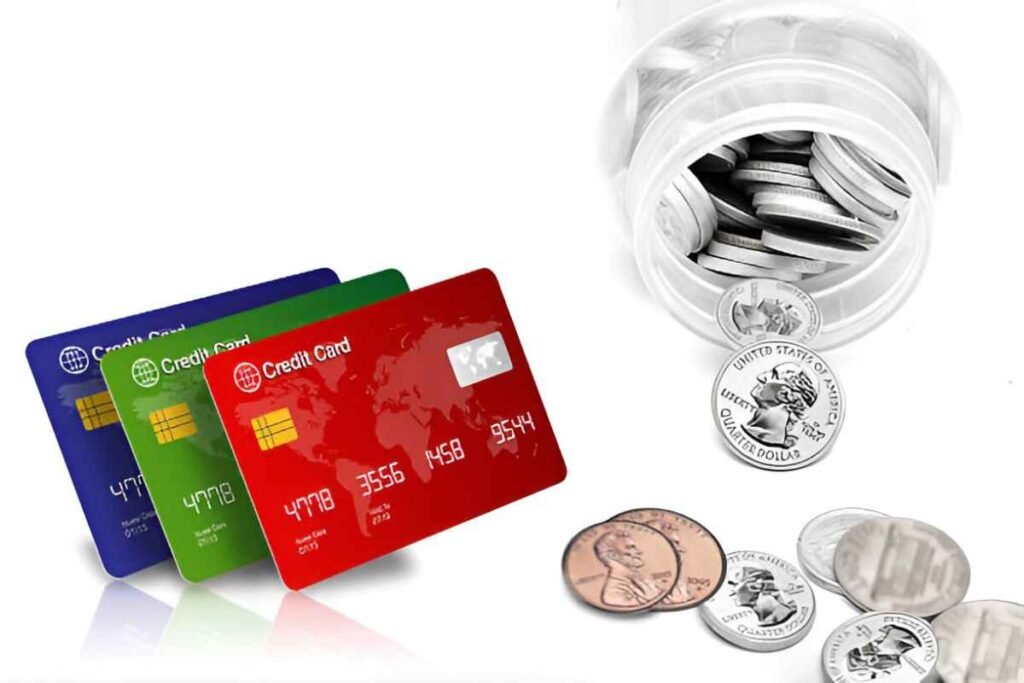Using credit cards can offer significant financial benefits, but it’s crucial to avoid common pitfalls that can lead to debt, poor credit scores, and lost rewards. Here’s a detailed guide on what to avoid to ensure you get the most out of your credit cards.
Table of Contents
1. Carrying a Balance
Interest Charges
- Avoid Interest: Always aim to pay your balance in full each month. Carrying a balance means you’ll incur interest charges, which can negate any rewards or benefits you’ve earned.
- High APR: Be mindful of cards with high annual percentage rates (APRs). Even a small balance can accumulate substantial interest over time.
Impact on Credit Score
- Credit Utilization: High balances increase your credit utilization ratio, which can negatively impact your credit score. Keeping utilization below 30% is ideal.
2. Making Late Payments
Late Fees
- Avoid Penalties: Missing a payment due date results in late fees, which add unnecessary costs.
- Increased Interest Rates: Some credit cards increase your APR after a late payment, making future balances more expensive to carry.
Credit Score Damage
- Payment History: Timely payments are the most significant factor in your credit score. Late payments can severely damage your score.
3. Ignoring Terms and Conditions
Overlooking Fees
- Annual Fees: Some cards charge annual fees. Ensure the benefits outweigh this cost. Consider fee-free alternatives if you can’t justify the expense.
- Foreign Transaction Fees: If you travel internationally, avoid cards with high foreign transaction fees.
Misunderstanding Rewards Programs
- Expiration Dates: Some rewards expire if not used within a certain timeframe. Be aware of these terms to avoid losing points or miles.
- Redemption Restrictions: Understand how you can redeem rewards to maximize their value. Some cards offer better redemption rates for travel over cash back, for example.
4. Overspending to Earn Rewards
Spending Beyond Means
- Budget Management: Don’t overspend just to earn rewards. The interest and potential debt from unnecessary purchases can outweigh the value of the rewards.
- Strategic Spending: Align your credit card spending with your normal budget and use cards that reward your typical purchases.
5. Opening Too Many Credit Cards
Impact on Credit Score
- Hard Inquiries: Each new credit application results in a hard inquiry on your credit report, which can temporarily lower your score.
- Average Account Age: Opening multiple new accounts can decrease the average age of your credit accounts, negatively impacting your credit score.
Difficulty Managing Accounts
- Oversight Issues: Managing multiple cards can lead to missed payments or forgotten balances, resulting in fees and interest charges.
- Increased Risk of Fraud: More cards mean more accounts to monitor for fraudulent activity.
6. Closing Old Credit Cards
Credit History Length
- Maintain Account Age: The length of your credit history affects your credit score. Closing old accounts can shorten your credit history and lower your score.
- Utilization Ratio: Closing a card reduces your available credit, which can increase your utilization ratio if you carry balances on other cards.
7. Ignoring Your Credit Report
Monitoring for Errors
- Regular Checks: Review your credit report at least annually to ensure accuracy and to spot any signs of identity theft.
- Dispute Inaccuracies: Promptly dispute any errors with the credit bureau to maintain a healthy credit score.
8. Misusing Balance Transfers
Transfer Fees
- Cost-Benefit Analysis: Balance transfers often come with fees, typically around 3-5% of the transferred amount. Ensure the savings in interest outweigh these fees.
- Introductory Rates: Pay off the transferred balance before the introductory 0% APR period ends to avoid high interest rates.
New Purchases
- Separate Balances: Avoid making new purchases on a balance transfer card, as new purchases might incur interest immediately if not paid off in full.
9. Neglecting to Use Credit Card Perks
Travel and Purchase Protections
- Maximize Benefits: Take advantage of travel insurance, purchase protection, extended warranties, and other perks offered by your credit card.
- Stay Informed: Regularly review your card’s benefits to ensure you’re utilizing them fully.
10. Using Credit Cards for Cash Advances
High Fees and Interest
- Avoid High Costs: Cash advances often come with high fees and immediate interest charges, making them an expensive option for accessing cash.
- Negative Impact: They also don’t have a grace period, meaning interest starts accruing immediately.
Conclusion
By avoiding these common credit card pitfalls, you can ensure that you’re maximizing the financial benefits of your credit cards. Focus on paying your balance in full, making timely payments, understanding your card’s terms, and using rewards and perks wisely. Managing credit responsibly will help you build a strong credit history and make the most of the financial tools at your disposal.





